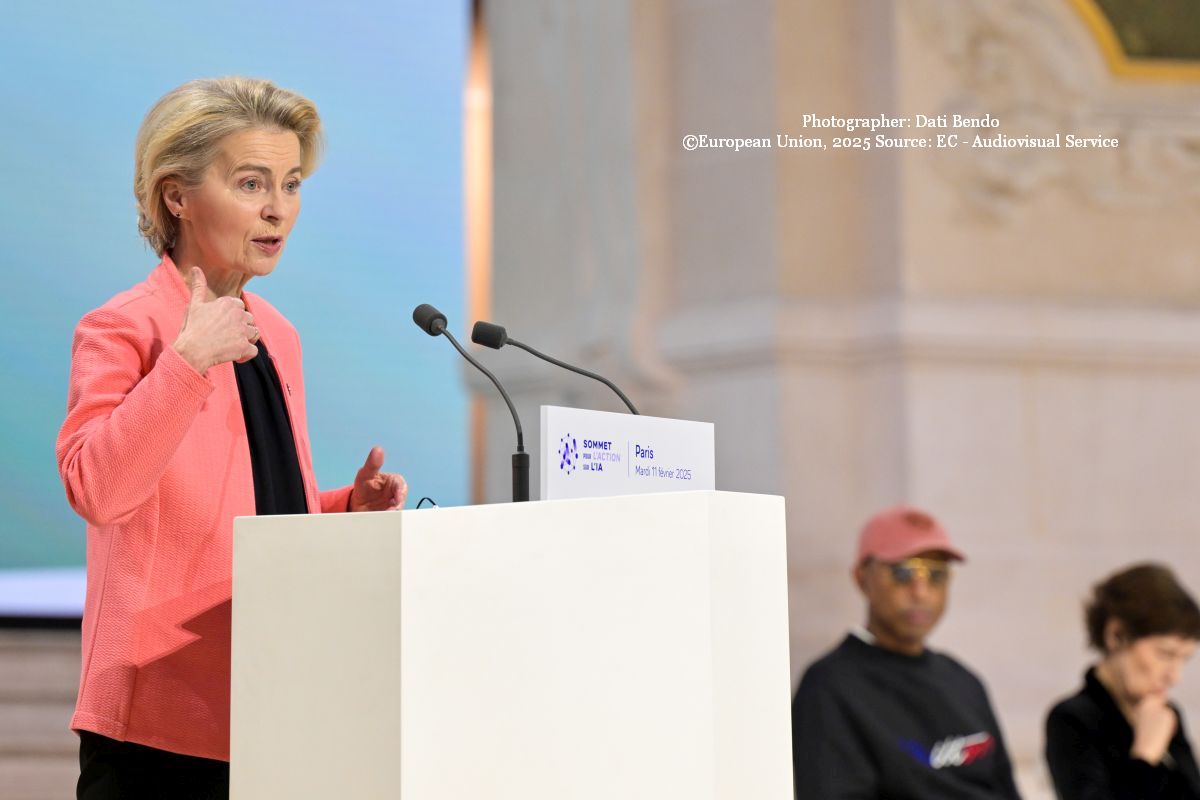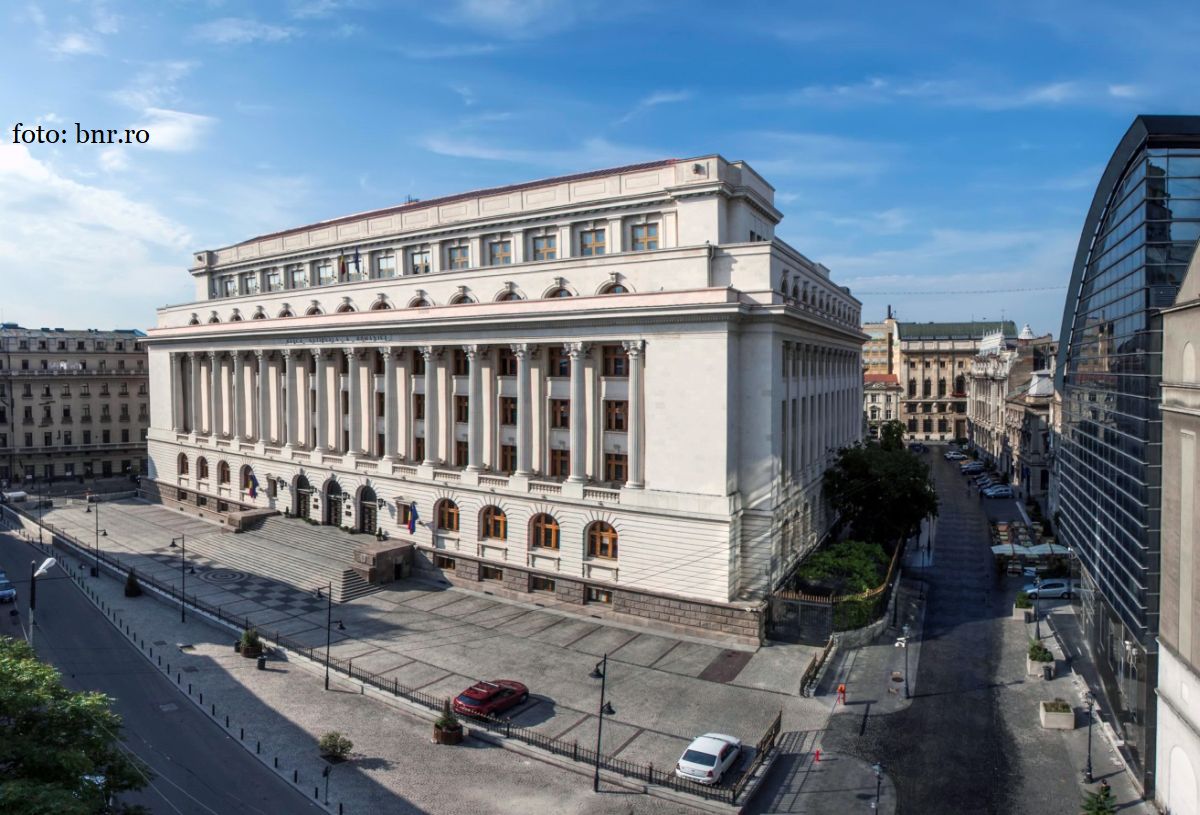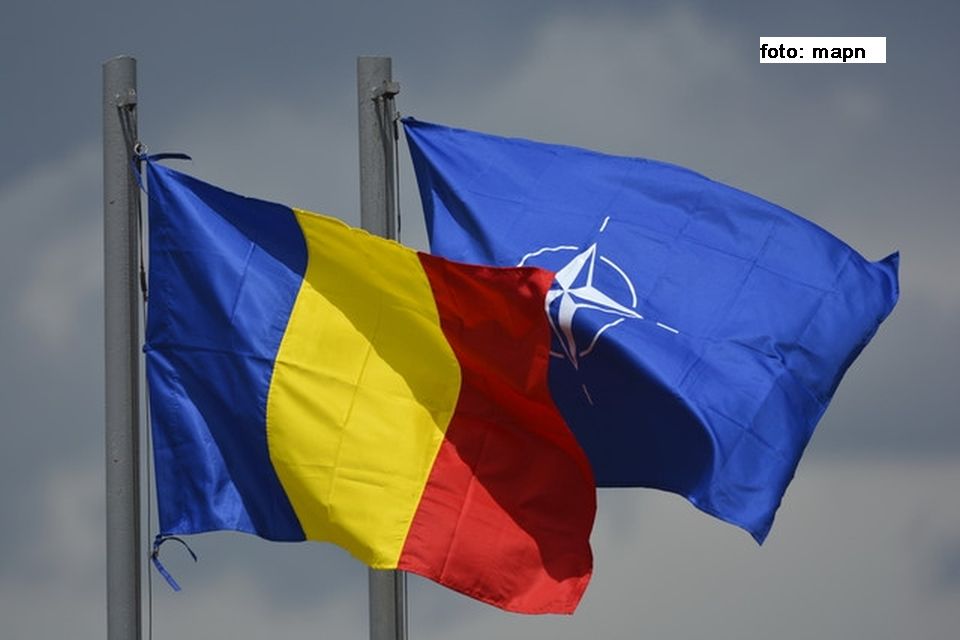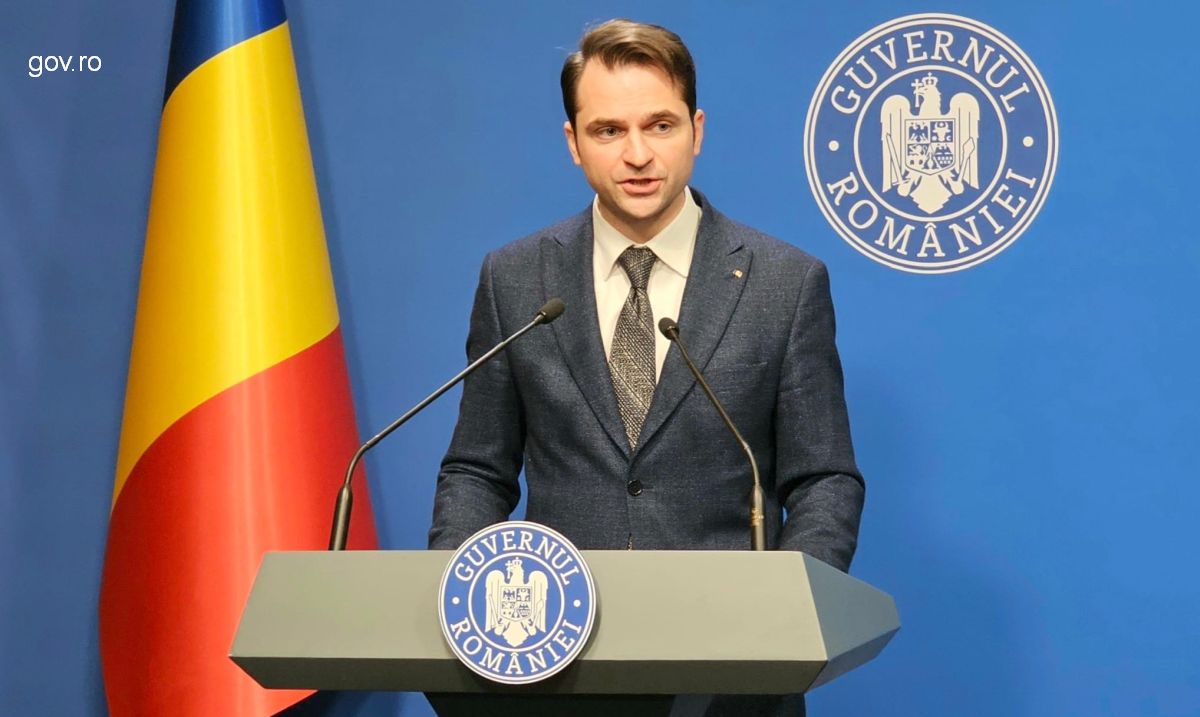The Day of the Romanians Around the World
On the last Sunday of the month of May, Romania marks the Day of the Romanians Around the World.
Bogdan Matei, 29.05.2017, 13:25
As early as the late 19th century, when the affirmation of national identity ideologically dominated Europe, the historiography of the epoch defined Romania as a “country surrounded by Romanians”. 150 years later, the situation had not fundamentally changed.
There are more than 2 and a half million Romanian citizens in the Republic of Moldova and almost half a million in Ukraine, in the eastern Romanian territories annexed by Stalin’s Russia in 1940 following an ultimatum. According to unofficial assessments, which do not always correspond with the officially state-run censuses, there are hundreds of thousands more Romanians living in Romania’s neighboring countries such as Serbia, Bulgaria and Hungary.
In the Balkans, there are Aromanians, Istro-Romanians and Megleno-Romanians who, according to linguists, speak dialects of the Romanian language. Besides these historical communities, about two thousand years old, there is a large Romanian Diaspora spread from Canada and the US to Spain and Italy.
They are either former anti-Communist dissents who went into exile, who are now in their old age, or young and very young Romanians, who, in the past decade, have left Romania in great numbers to look for better lives and better jobs abroad.
Today, there are around 4 million Romanians in the Diaspora. In 2015, Bucharest decided to officially honor the Romanian citizens abroad by establishing the Day of the Romanians around the World, which is marked on the last Sunday of the month of May.
The Romanians around the world must support each other and participate in decision-making processes that affect their lives, said President Klaus Iohannis in a message that he conveyed on the occasion. He said the best way in which the state could recognize their contribution was to serve them. The Romanian President recalled the progress made in providing online consular services to the Romanians abroad, in simplifying the procedures for recognizing diplomas, in supporting their return home by offering them entrepreneurial opportunities.
However, the president admits that there is still much to be done in this respect. The Minister for the Romanians around the world in the Romanian government, Andreea Păstarnac, said, in turn, that the existence of schools with tuition in Romanian in the states where the Romanian citizens reside, as well as providing these schools with the necessary school materials and books were the prerequisites for the Romanian citizens to preserve their linguistic identity.
The Education Minister, Pavel Năstase, has warned that, because of the recent world economic crisis, more and more families have returned to Romania and faced problems related to the integration of their children born and educated abroad. He said that Bucharest made available for the Romanians abroad 5,870 places in universities and 1,800 places in the pre-tertiary education system, funded from the state budget.
The authorities also encourage the development of partnerships between the higher education institutions in Romania and those in the countries where there are Romanian communities, as well as the development of Romanian language chairs abroad.

